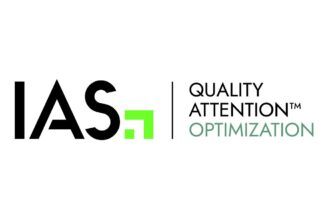Hong Kong Baptist University (HKBU) has joined the University of Hong Kong (HKU) in banning the use of artificial intelligence (AI) chatbot ChatGPT in coursework amid concerns over plagiarism. The move comes after HKU made a similar announcement, stating that the campus would prohibit the use of ChatGPT and other AI-based tools in classroom, coursework, and assessment tasks, unless with written permission from course instructors.
Why the ban?
HKBU sent a letter to all its students, informing them of the ban on AI-based tools on 22 February. In the letter, Albert Chau, HKBU’s VP of learning and teaching, warned students against using words or ideas generated by ChatGPT and other AI technologies as their own in assignments, as it could lead to plagiarism.
Chau stated that plagiarism and other forms of academically dishonest acts could result in reduced grades, course failure, suspension, and even dismissal. He also emphasised the importance of academic integrity at all times.
HKU’s interim policy
HKU’s interim policy regarding the use of ChatGPT or any other AI-based tool also stipulates that suspected violations of the policy would be treated as potential plagiarism cases. The university defines plagiarism as the use of another person’s work without due acknowledgement, regardless of the intent to deceive. Unauthorised use of ChatGPT or another AI-based technology is clearly encompassed by this term.
Both HKU and HKBU’s announcements follow the launch of ChatGPT by OpenAI, a Microsoft-backed company, in November 2021. The AI system can generate human-like text in response to simple keywords, leading many educators, marketers, technologists, journalists, and writers to discuss its implications for the future of writing-based roles and for people who rely on them.
Also read: Sembcorp Industries Appoints Tow Heng Tan As Non-Executive Chairman
In response to the use of AI-based tools for teaching and learning, HKU has launched a broad-based campus debate involving teachers and students to consider their implications. The move suggests that universities are grappling with how best to manage the use of AI-based tools in education to balance innovation with academic integrity.
















